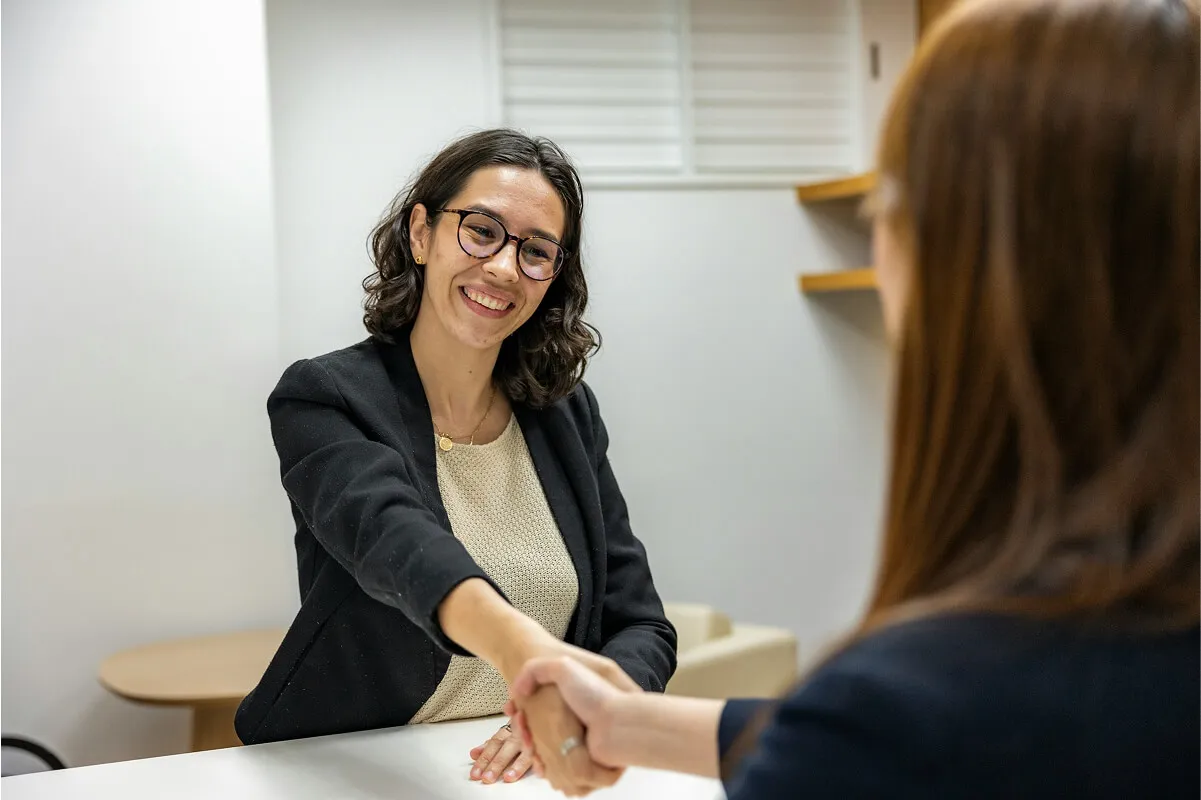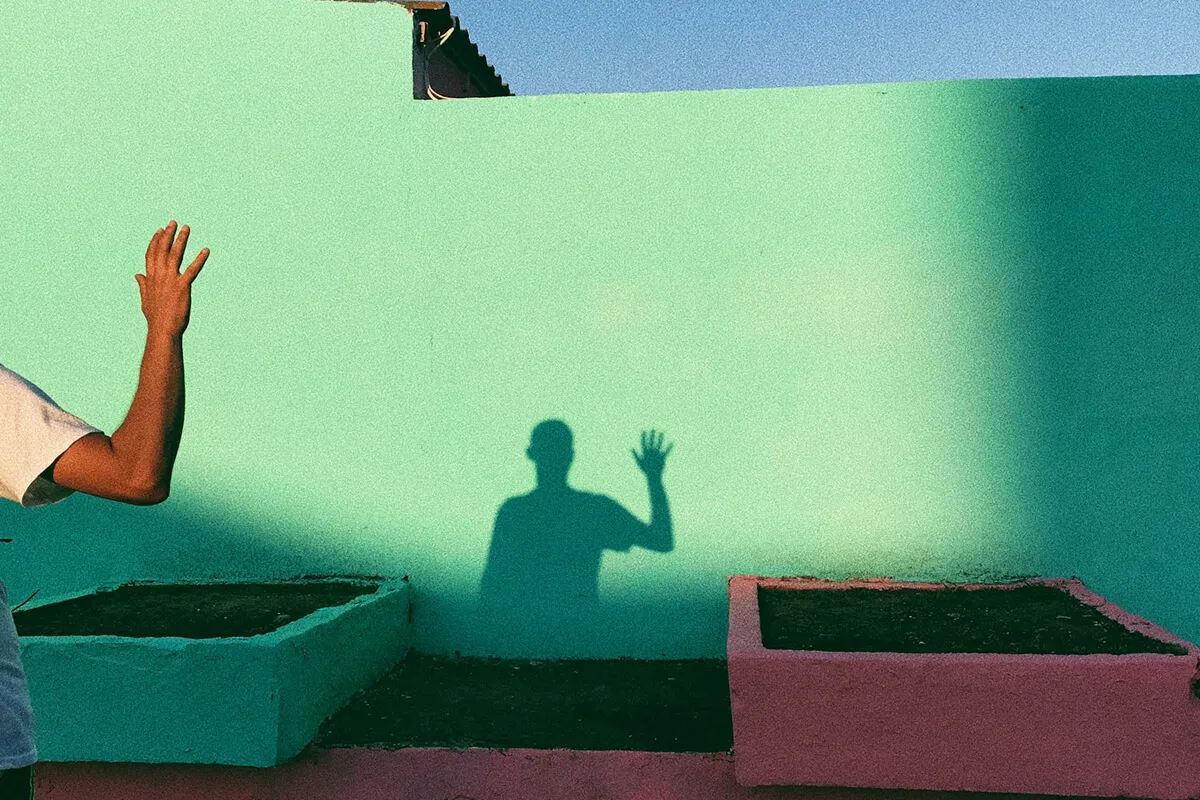In Portugal, addressing someone properly isn’t just about language — it’s about showing respect, understanding social cues, and recognizing unspoken hierarchies. If you’re learning Portuguese or planning to live in Portugal, getting this right will help you connect more naturally and avoid awkward moments.
One of the first things you’ll notice is how often titles like Doutor or Doutora are used. At first, you might assume someone is a doctor every time you hear it. But in reality, the term is far more common — and symbolic — than that.
In Portuguese culture, Doutor (for men) and Doutora (for women) are used to address people with a university degree, particularly in formal or professional settings. It’s not limited to medical doctors. Lawyers, professors, managers, and even some public officials may be addressed this way, even if their role doesn’t require a doctorate.
Why? Because in Portugal, education and professional status are deeply linked to social respect. Using the title is a way of acknowledging someone’s achievements — or simply their position in a social or workplace hierarchy.
Imagine you walk into a law office or speak to a bank manager. Even if they introduce themselves by first name, many Portuguese people will still say Bom dia, Doutor João or Boa tarde, Doutora Ana — especially in more traditional circles.
There’s no strict rule for who gets called Doutor. Sometimes it’s based on academic degree, other times just on perceived authority. But if you’re unsure, it’s better to err on the side of formality, especially with older generations or in formal settings.
The same goes for greetings. A simple Olá might work among friends, but in professional or new situations, go for Bom dia (Good morning), Boa tarde (Good afternoon), or even Como está? instead of the casual Tudo bem?
Over time, you’ll begin to sense when formality is expected and when it can be dropped. But knowing that titles carry weight in Portugal — even when they’re used loosely — will help you navigate the culture with more ease.
So, no, not everyone in Portugal is a medical doctor. But yes, there’s probably a Doutor or Doutora in the room. And knowing how to address them might just open the door to a smoother, more respectful conversation.
Watch on Youtube



